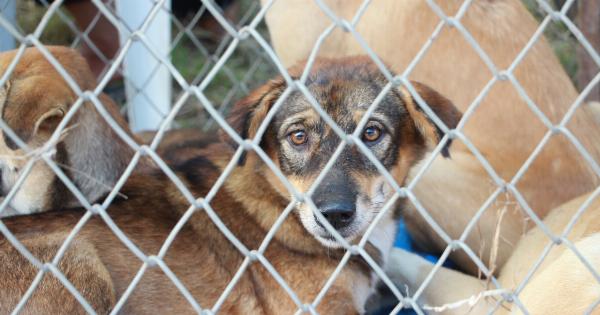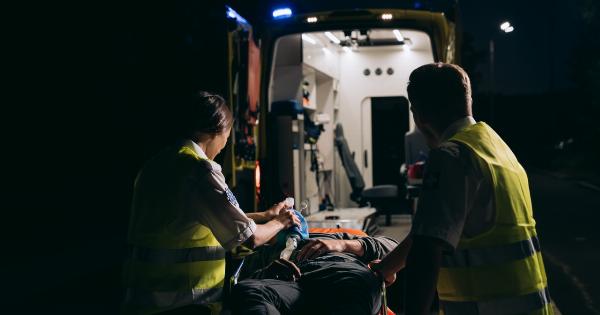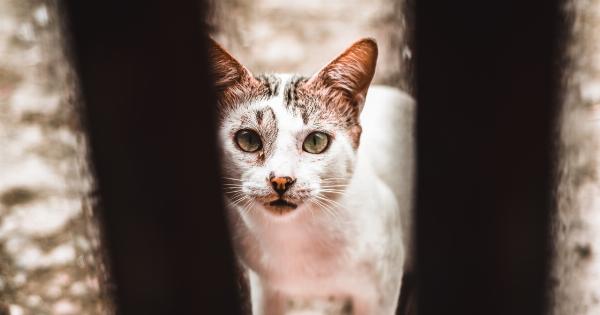After much deliberation and review, the transfer of powers for pet animal laws from Stam to the Ministry of the Interior has finally been made official.
This move comes after months of discussions and negotiations between the two entities, aiming to streamline and improve the regulations surrounding the ownership and care of pets.
Background: Why the Transfer was Necessary
The need for this transfer of powers arose due to several reasons. One of the main concerns was the lack of consistency and clarity in pet animal laws across different regions within Stam.
This led to confusion among pet owners, law enforcement agencies, and animal welfare organizations. Different municipalities had varying regulations, making it difficult to enforce and ensure animal welfare standards.
Furthermore, moving the responsibility for pet animal laws to the Ministry of the Interior ensures a more centralized and unified approach.
This will enable better coordination, enforcement, and monitoring of pet-related legislation throughout the country. It will also provide a platform for better collaboration between all stakeholders involved in the well-being of animals.
The Ministry of the Interior: A New Role
With the transfer of powers, the Ministry of the Interior now assumes a significant role in overseeing and regulating pet-related matters in Stam.
This includes the development and implementation of standardized guidelines and regulations regarding the ownership, breeding, and welfare of pets.
The Ministry will now work closely with local authorities, veterinary organizations, animal welfare groups, and other relevant bodies to ensure the effective implementation of these laws.
This collaboration aims to create a safer, more responsible, and compassionate environment for both pets and their owners.
Benefits of the Transfer
The transfer of powers for pet animal laws from Stam to the Ministry of the Interior brings with it numerous benefits that will positively impact both pets and their owners:.
1. Streamlined Regulations
Having a centralized governing body for pet animal laws ensures that all regulations are consistent and uniform across the entire country. This eliminates confusion and allows pet owners to easily understand and comply with legal requirements.
2. Improved Animal Welfare Standards
With the Ministry of the Interior taking the lead on pet-related matters, there is a greater focus on animal welfare and protection.
The Ministry will work towards implementing stricter regulations to prevent animal cruelty and ensure that pets receive the care and treatment they deserve.
3. Enhanced Enforcement and Monitoring
The transfer of powers allows for better enforcement and monitoring of pet-related laws. Local authorities, in coordination with the Ministry of the Interior, will have the necessary resources and support to ensure compliance with regulations.
This will help crack down on illegal breeding operations, unsanitary pet stores, and cases of animal abuse.
4. Education and Awareness
Under the new system, the Ministry of the Interior will prioritize education and awareness programs to promote responsible pet ownership.
This includes campaigns on animal welfare, training resources for pet owners, and initiatives to educate the public on the importance of spaying/neutering and vaccination.
5. Collaborative Approach
The transfer of powers encourages collaboration between different stakeholders involved in pet animal welfare.
By bringing together veterinary organizations, animal welfare groups, and relevant bodies, the Ministry of the Interior aims to create a comprehensive strategy that addresses all aspects of pet ownership.
The Road Ahead
The transfer of powers from Stam to the Ministry of the Interior marks a crucial milestone towards ensuring the well-being of pets and the responsible ownership of animals. However, this is just the beginning of a long journey.
The Ministry will need to work diligently to draft comprehensive regulations, establish efficient enforcement mechanisms, and adapt to emerging challenges.
In the coming months, pet owners can expect workshops, seminars, and public consultations to ensure that their voices are heard in the process of developing and refining these regulations.
It will be important for all stakeholders to actively participate and contribute towards the successful implementation of pet animal laws under the new system.
Conclusion
The transfer of powers for pet animal laws from Stam to the Ministry of the Interior represents a significant step forward in ensuring the welfare and protection of pets in our country.
By bringing together different stakeholders under a centralized authority, we can look forward to improved regulations, enhanced enforcement, and a greater emphasis on responsible pet ownership. This landmark decision sets the stage for a safer, more compassionate nation for both animals and their human companions.






























